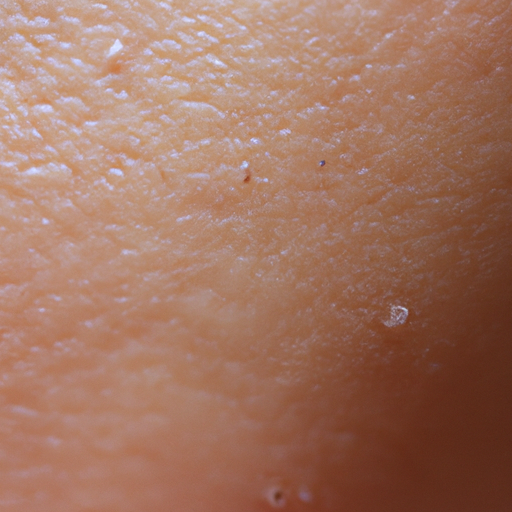As a medical professional, I often encounter patients who are battling with oily skin. This condition, while not life-threatening, can cause significant distress due to its impact on appearance and self-esteem. Oily skin can lead to acne breakouts, enlarged pores, and a shiny complexion that many find unattractive. However, with the right skincare regimen and lifestyle changes, you can manage oily skin effectively. Here is your ultimate guide to fixing oily skin.
Oily skin is primarily caused by overactive sebaceous glands that produce excessive amounts of sebum, an oily substance that helps protect the skin. While sebum is essential for keeping the skin healthy, too much of it can lead to oily skin, clogged pores, and acne. Factors such as genetics, hormonal changes, stress, and environmental conditions can also contribute to oily skin.
The first step in managing oily skin is to establish a consistent skincare routine. Contrary to popular belief, harsh scrubbing and over-cleansing can exacerbate oil production. Instead, opt for a gentle cleanser that can remove dirt and excess oil without stripping your skin of its natural moisture. It’s recommended to cleanse your face twice a day – in the morning and before bed.
After cleansing, use a toner designed for oily skin. Toners can help remove any residual oil or dirt left after cleansing, tighten your pores, and restore your skin’s pH balance. However, avoid toners with alcohol as they can overly dry your skin, triggering more oil production.
Moisturizing is an essential step that should not be skipped even if your skin is oily. Many people with oily skin think they don’t need a moisturizer, but this is a misconception. When your skin is dehydrated, it compensates by producing more oil. Therefore, choose a lightweight, oil-free moisturizer that will hydrate your skin without making it greasy.
Exfoliation is another crucial step in your skincare routine. It helps remove dead skin cells that can clog pores and cause breakouts. However, limit exfoliation to once or twice a week to avoid irritating your skin and stimulating oil production.
In addition to a proper skincare routine, your diet can also influence your skin’s oil production. Foods high in sugars and fats can stimulate sebum production. Therefore, opt for a balanced diet rich in fruits, vegetables, lean proteins, and whole grains. Drinking plenty of water can also help keep your skin hydrated and less oily.
Stress is another factor that can increase oil production. Therefore, incorporate stress management techniques such as yoga, meditation, or deep breathing exercises into your daily routine.
Lastly, it’s essential to protect your skin from the sun. Sun exposure can trigger oil production and cause other skin issues. Always apply a broad-spectrum sunscreen with an SPF of at least 30 before stepping out in the sun.
In some cases, if oily skin is severe or leads to acne, you may need to consult a dermatologist. They can prescribe topical or oral medications that can help regulate sebum production.
In conclusion, while oily skin can be challenging to manage, it’s not impossible. With the right skincare regimen, dietary habits, stress management techniques, and sun protection, you can significantly reduce oiliness and achieve a healthier, more radiant complexion. Remember, everyone’s skin is different, so what works for one person may not work for another. Therefore, it’s crucial to understand your skin type and tailor your skincare routine accordingly.



